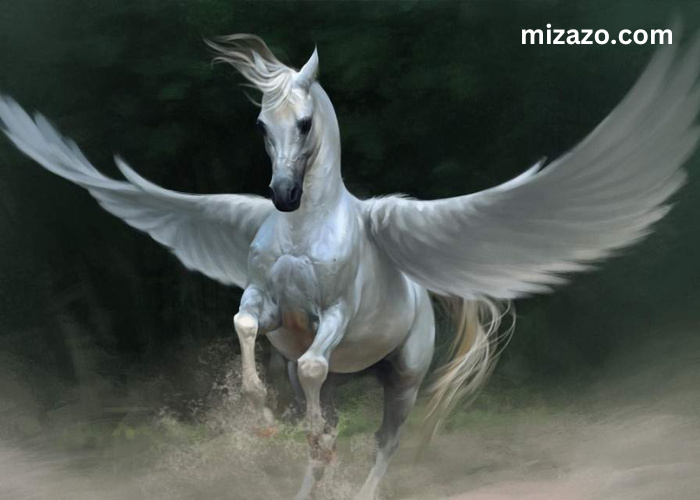Horses have captivated the human imagination for millennia. These majestic creatures, with their powerful builds and graceful movements, have played pivotal roles in human history, culture, and mythology. From ancient battlefields to modern sport arenas, horses have demonstrated a unique combination of strength, speed, and elegance that continues to inspire awe and admiration. Discover the latest horse racing tips and predictions on France Cheval Turf. Get expert insights and analysis to help you make informed bets.
Historical Significance
The relationship between humans and horses dates back over 5,000 years. Early civilizations, such as the Sumerians and Egyptians, were among the first to domesticate horses, using them for transportation, agriculture, and warfare. The invention of the chariot revolutionized ancient warfare, giving rise to empires and altering the course of history. In medieval Europe, knights on horseback became legendary figures, their valor immortalized in countless tales and songs.
The horse’s role in shaping human civilization cannot be overstated. The development of trade routes, the spread of cultures, and even the outcome of wars were often determined by these remarkable animals. The horse’s ability to cover vast distances with speed and endurance made it an invaluable asset for communication and exploration.
Physical and Psychological Traits
Horses possess a unique blend of physical and psychological traits that make them exceptional. Their muscular build, strong legs, and large lungs enable them to run at speeds of up to 55 miles per hour, making them one of the fastest land animals. The horse’s keen sense of balance and coordination allows it to navigate difficult terrains with ease.
Psychologically, horses are highly perceptive and sensitive animals. They possess a strong fight-or-flight response, which has been crucial for their survival in the wild. This sensitivity also makes them excellent at reading human emotions and body language, forming deep bonds with their handlers and riders. The process of training a horse, often referred to as horse whispering, relies heavily on building trust and understanding between the human and the animal.
Cultural and Symbolic Significance
Throughout history, horses have been endowed with deep symbolic meanings. In mythology, they are often associated with gods and heroes. Pegasus, the winged horse of Greek mythology, symbolizes inspiration and poetic creativity. In Norse mythology, Sleipnir, the eight-legged horse of Odin, represents strength and speed.
In various cultures, the horse is a symbol of freedom, power, and grace. Native American tribes revered the horse as a sacred animal, a gift from the Great Spirit. In literature and art, the horse often embodies nobility and beauty, its form depicted in countless paintings, sculptures, and poems.
Modern Roles and Challenges
Today, horses continue to play diverse roles in human society. They are cherished companions in equestrian sports, such as dressage, show jumping, and racing. Therapeutic riding programs leverage the bond between humans and horses to aid in physical and emotional healing.
However, modern challenges also threaten the welfare of horses. Issues such as overbreeding, neglect, and the impact of urbanization on natural habitats pose significant risks. Advocacy for humane treatment and conservation efforts are crucial to ensure that future generations can continue to experience the majesty and mystery of these incredible animals.
Conclusion
The majesty and mystery of horses lie in their unparalleled combination of grace and power. Their historical significance, physical prowess, psychological depth, and cultural symbolism weave a rich tapestry that continues to enchant and inspire. As we advance into the future, it is our responsibility to honor and protect these magnificent creatures, ensuring that their legacy endures for generations to come.

